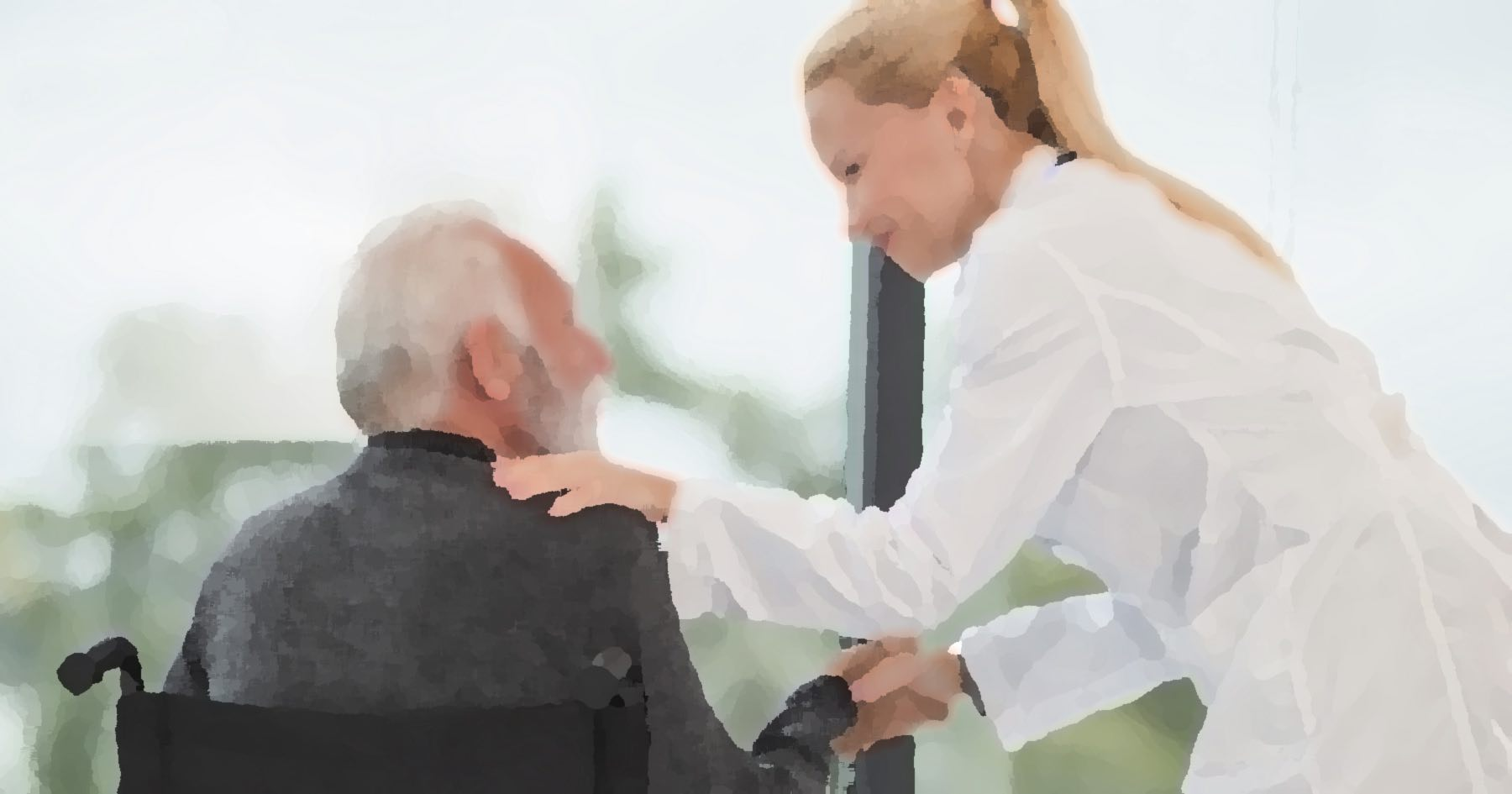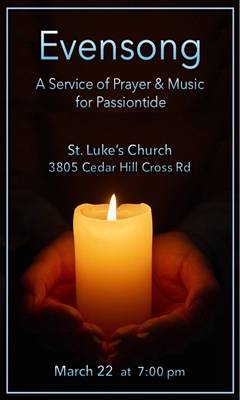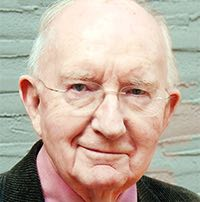I recall reading somewhere that something we take totally for granted about the human mind is in fact one of its most remarkable accomplishments. It is our ability to make associations between the most dissimilar things. Recently, I was reminded of a moment of association made years ago when I was in parish ministry.
I was, I remember, in the emergency section of a hospital. Someone in the parish who was living alone had asked me if I would go with him. He had fallen in his apartment, and he feared that he had broken his wrist. He wished to be sure, so here we were in a fairly crowded emergency room.
I was standing by his hospital wheelchair. Near us, two people were chatting. One was a young intern, and the other, an elderly and rather frail gentleman. I overheard their conversation. The patient was brought in by his family because he had not been feeling well and had a bit of a worrying heart history. The intern was obviously trying to get as much of his background history as she could. She was calm and unhurried, an achievement in this bustling emergency room. She was undoubtedly a caring young woman.
As they conversed, another staff member approached the intern and said something urgent, presumably about another patient. The intern took a pen from her pocket, wrote the name of her patient on the back of her hand and promised to return quickly. This was a simple thing to do and probably frequently done in those distant days before electronic note-taking apps. For me however, the gesture took me on a soaring journey 2,700 years into the past. Yes, that’s a very long time, over two and a half millennia.
In my imagination, I saw a small country that had been savagely invaded, with many of its people forced into bondage. It was a scene of much despair. Yet one great poet wanted to give hope. During the captives’ arduous journey across 700 miles of desert to the labour camps of their conqueror, he forged a message. He wrote words that offered the love of the One who could be relied upon to be helper and comforter in every circumstance: “Behold, says God, I have graven thee upon the palm of my hand.”
I thought of that twenty-seven-hundred-year-old image of the love of God as I watched that young woman scribble the patient’s name on the back of her hand so that she wouldn’t break trust by forgetting him and so not returning.
I never learned her name, but I suspect she became a good doctor. The poet’s name, by the way, was Isaiah.




